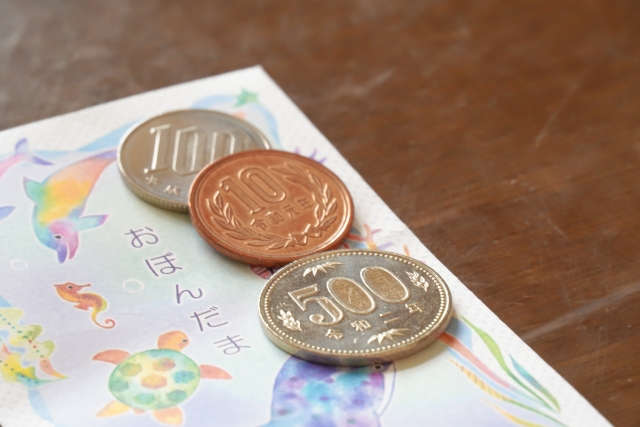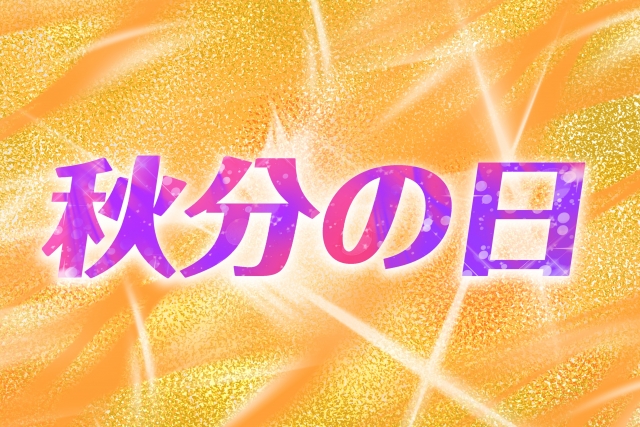I have previously written an article titled “Japanese Customs and Culture that Foreigners Find Strange in Japan,” but there are still many things that I could not write about there.
Those who have already stayed in Japan for a long period of time for business or other reasons have probably realized many of the differences between their own country and Japan.
For those who will be visiting Japan in the future, it can be a bit nerve-wracking.
Therefore, in this article, we would like to explain in more detail “Japanese customs and culture” that will surprise foreigners.

Click here to learn Japanese language with the best one-on-one Japanese tutoring lessons in person or online.
Contents
Life in Japan is full of culture shocks
When you actually stay in Japan for an extended period of time, you will probably experience a lot of culture shock.
As I mentioned in my previous article, there are many surprising customs and cultures, such as “the custom of eating noodles noisily,” “the custom of apologizing frequently for being sorry,” and “the culture where trains and other transportation systems are almost never late.
Most differences can be positively accepted as “this is normal in Japan,” but in some cases, the differences from one’s own country are so great that one feels a sense of disgust.
As the saying goes, “When in Rome, do as the Romans do.” If you come to Japan, you must follow Japanese customs and culture.
To reduce the degree of culture shock, it is important to know about Japan before entering the country.
By knowing about Japan to some extent, you will be able to live a positive life in Japan.
Japanese Customs and Culture” that Surprises Foreigners
Now, let us actually list some of the unique Japanese subjectivities and culture.
New semester starts in April.
Some people who stay in Japan for a long period of time for business or other reasons may have children.
The first thing that will surprise them is the fact that the new school year starts in April.
In Japan, the new school term has always been in April, and the entrance ceremony is also in April.
In other words, graduation and closing ceremonies are held in March.
In the rest of the world, entrance and commencement ceremonies are usually held in September, right?
Frequent bowing
When you use public facilities or stores in Japan, staff members bow frequently.
Also, in business, people bow many times when greeting or parting with employees of business partners.
This behavior, which is full of discomfort to foreigners, is a normal behavior for Japanese people.
Although we do not often bow to close friends and family members, we should bow when greeting people if we have a certain distance between us.

Tipping is not customary.
In other countries, it is customary to give a tip as a thank-you for using a restaurant or hotel.
In Japan, however, although there is a custom of tipping, called “shintsuke,” it is used in much fewer situations.
It is almost never done in restaurants or hotels in town, and is only given to the hostesses and waitresses at ryokans, wedding staff, etc.
Therefore, it is not necessary to tip when eating out or staying overnight in Japan.
Always take off your shoes at the entrance.
The custom of taking off one’s shoes is also unique to Japan.
In many Japanese houses, there is a room called a “Japanese-style room,” and if you enter this room with your shoes on, the tatami mats will be soiled.
Therefore, since ancient times, people in Japan have taken off their shoes (in the old days, “zouri” or “waraji”) at the entrance before entering a room.
This is true even if the house does not have a Japanese-style room.
In some hotels, you are allowed to enter the room with your shoes on, and some hotels change into slippers.
If there is a step when you open the door and slippers are prepared in front of you, you can judge that it is not acceptable to enter the room with shoes on.
offering a glass of wine or other alcoholic beverage to a guest
Since the new coronavirus is now class 5 in Japan, life is returning to the way it used to be.
Company drinking parties,” etc., which had been drastically reduced, are now as frequent as before.
One thing to keep in mind is the custom of “pouring” drinks.
Pouring is an action performed by a person of inferior age or position toward a person of superior.
The person with the most senior position at the table goes around in turn, takes a bottle of beer or other alcoholic beverage in front of that person, and pours the alcoholic beverage into the person’s hand.
This is a custom that does not exist in other countries, so it is best to keep it in mind.
However, some companies have banned pouring in recent years, so be sure to check before drinking.
Only Japanese is used
People from many countries enter Japan to work or sightsee, but Japanese people basically speak only “Japanese.
In other countries, there are people from many different countries and many different languages, but in Japan, conversations are conducted in only one language, Japanese.
In Japan, however, Japanese is the only language spoken. In global companies, movies are frequently used, but in other places, Japanese is the basic language.
Surprisingly, many Japanese do not speak English.
Therefore, it is advisable to learn some vocabulary and greetings when visiting Japan.

Conclusion
In this article, we have explained “Japanese customs and culture” that surprise foreigners.
As mentioned above, there are many differences in customs and culture.
Please study them to some extent before entering Japan to avoid negative culture shock.
Related article:










